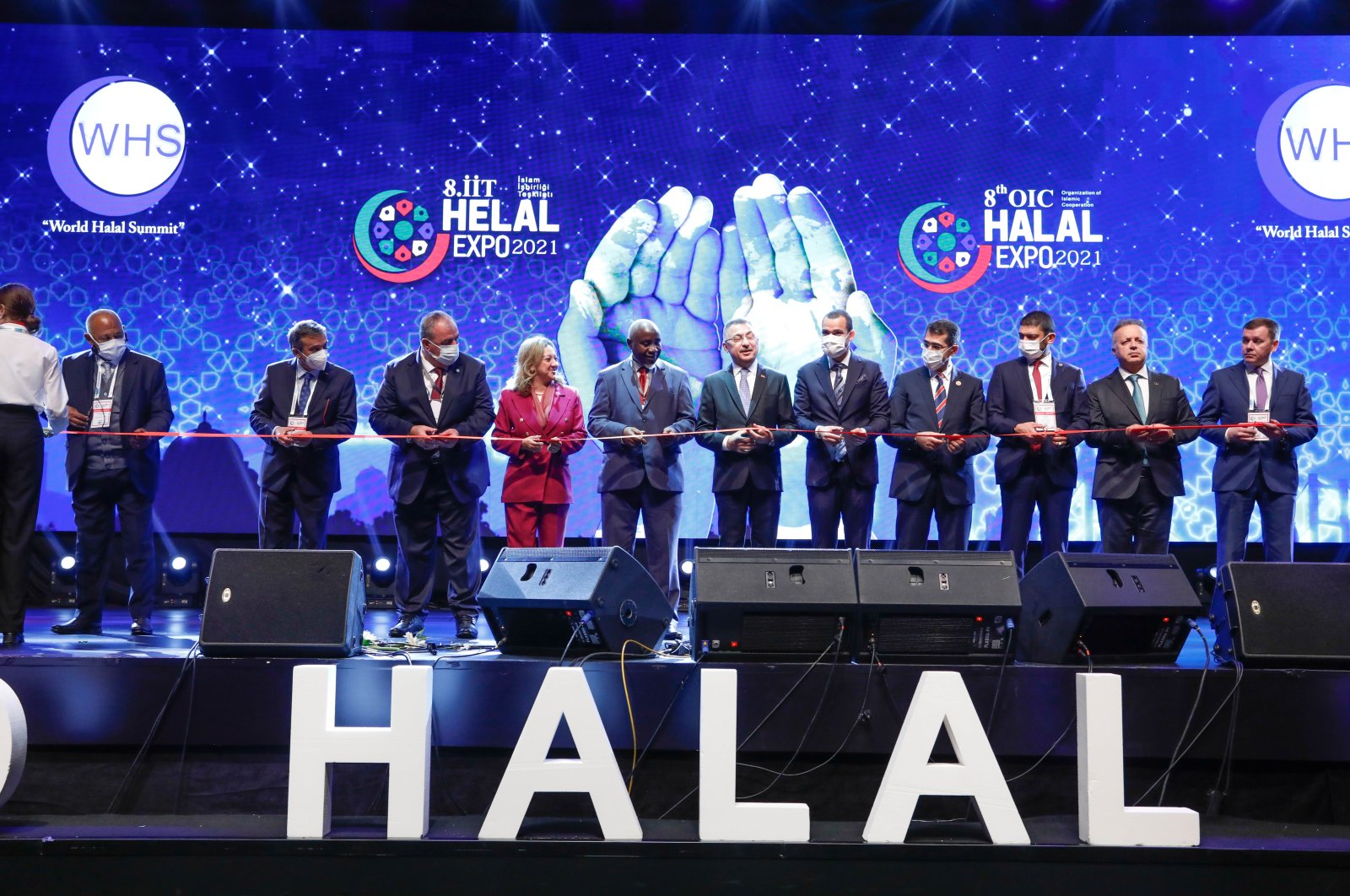CAIRO – In a bid to lure Muslim tourists, hotels across the Middle East are replacing traditional Western signs of luxury with others carrying Arab and Muslim touches.
“There is a growing need for Shari`ah-compliant hotels, which are sought after by Arab Muslim travelers,” Naji Morcos, director of Hodema, a Lebanese consultant company specializing in hospitality, told The Global Post on Thursday, June 2.
Tapping into a market that is largely untouched, several hotel chains are not designing entire hotels dedicated to lure Muslim guests by adhering to the Islamic rules.
The new trend aims to cater to Arab travelers who spend more than $12 billion annually on holiday travel.
According to a study published by MiddleEast.com, about 88 percent of Arab travelers said they would like to stay in an Islamic hotel during their holiday travel.
Now, hotel owners are replacing some traditional Westerns signs of luxury like bars and pubs with others carrying the Arab touch like cafes and restaurants serving only non-alcoholic beverages and halal food.
In the suites themselves, instead of having mini bars, customer would find a praying room.
Movies and TV channels that are considered haram will also not be available.
“Shari`ah-compliant hotels basically adhere to the same restrictions that are adopted in Islamic countries like Saudi Arabia,” Morcos said.
“The only difference is that they are now popping up in countries where conventional hotels are usually allowed.”
The concept of halal, — meaning permissible in Arabic — has traditionally been applied to food.
Muslims should only eat meat from livestock slaughtered by a sharp knife from their necks, and the name of Allah, the Arabic word for God, must be mentioned.
Now other goods and services can also be certified as halal, including cosmetics, clothing, pharmaceuticals and financial services.
Race
Some hotels are also observing strict policies regarding mixed–gender interaction.
“Segregation between men and women is practiced in Shari`ah-compliant hotels, with certain floors [serviced by female staff] reserved exclusively for female guests,” Morcos said.
The policy is also applied to other “sensitive areas,” such as the bathroom, gym and pool.
The all-Islamic hotels also rely on Shari`ah-compliant financing for their investment operations.
They even allocate a portion of their profits to charities in order to fulfill Zakah, a main tenet of Islam under which every Muslim should earmark at least 2.5 percent of any annual accrued wealth to charity.
“Shari`ah-compliant hotels provide a service that is detailed from the beginning to the end, from separate entrances to the individual Qurans that are placed in each room,” Morcos said.
Even some of the hotels which don’t follow Shari`ah strictly are adjusting to join the race and try to cater to a more religiously observant guests.
“At the Rotana Arjaan, we simply don’t offer alcohol on our property. The food and beverages served are also 100 percent halal and alcohol-free,” said Mark Deere, general manager of Arjaan by Rotana in Dubai.
“We respect the different beliefs and cultures and try to be as sensitive and understanding as possible to our guests’ needs.”



